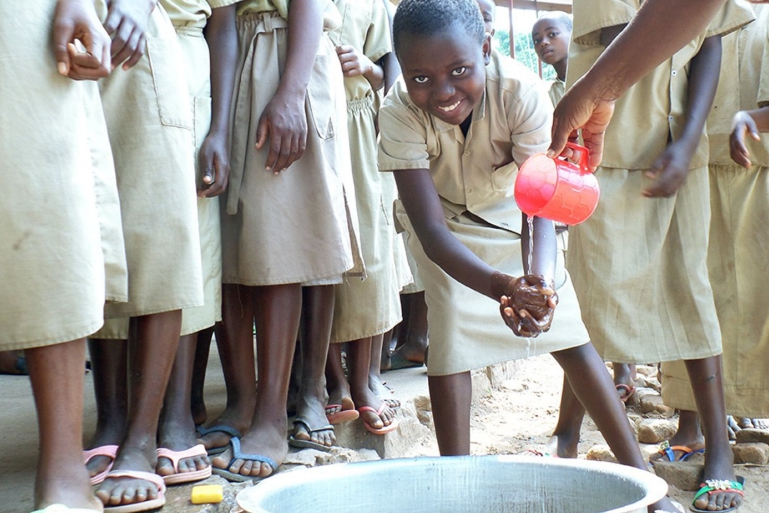By Nange Kah
Halima Abubakar (not real name) was a young and vibrant girl who grew up in a remote village called Gubi in Ganjuwa local government area of Bauchi state in Nigeria’s north – east.
Gubi is a fishing and farming community and is host to the Bauchi State water treatment Plant ( Gubi Dam).
Halima, like others girls spend their time in farms or in the streams where they fetch water, bath and wash clothes.
While growing up she always complained of lower abdominal pain, vaginal itching and vaginal discharge. But her parents gave her local herbs that took care of the pains.
Halima didn’t attend school and thus at the age of 16 she got married to a young man who lived in the city.
She was happy to start a home with him, but her joy was short lived as her hope of becoming a mother could not come true.
Months turned to years and it’s 20years now. No pregnancy, no miscarriage and no child.
Infertility is almost a tragedy in those parts, but that is Halima’s story.
Visits to the hospital have not worked and she has resigned to her fate.
Halima is just one among many women who are battling with the problem of bilharzia induced infertility.
Female genital schistosomiasis (or bilharzia) according to a Consultant of Public Health Gombe State University Dr Ibrahim Rabiu is an emerging public health crisis that affects many young girls and women in fishing and agriculture communities.
Schistosomiasis he noted if not diagnosed and treated leads to infertility, genital ulcers, menstrual abnormality, chronic pelvic pain, tumors on the vulva, vagina and cervix.
Other effects are involuntary urination when coughing, laughing or jumping and increased risk to HIV/HPV infections.
Female genital schistosomiasis is a disease condition where eggs laid by adult parasites migrate and become trapped in the genital organs such as fallopian tubes, uterus, cervix and vagina.
Dr Ibrahim Rabiu said the disease present symptoms that include vaginal discharge, vagina itching, lower abdominal pain discomfort during sexual intercourse, post coital bleeding and bleeding in between menstrual period.
” Many women in rural communities usually take their daughters along to the stream to fetch water or bath, and this is the reservoir for the disease”.
I have seen patients as young as 5 years brought to the hospital with female genital schistosomiasis which leads mothers to think their daughters have started having sexual activities”.
The challenge he noted is that there is lack of awareness on the disease. It is under reported and with limitation in clinical diagnosis.
“Many of our medical personnel also lack knowledge on the proper diagnosis of female genital schistosomiasis and this has led to devastating consequences on the women”
The Consultant added that a study on female genital schistosomiasis is ongoing in Firo community in Bauchi state where there are rising cases.
He stressed the need for personal and environmental hygiene while praziquantel should be available for treatment and mass campaigns.


